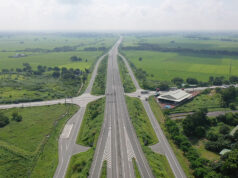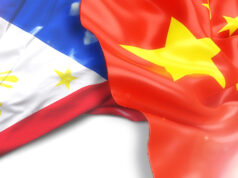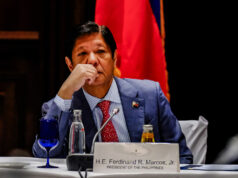Special envoy in shortlist for WHO Western Pacific regional director
By Camille A. Aguinaldo, Reporter
SPECIAL Envoy for Global Health Initiatives and physician Susan P. Mercado is among the official list of nominees to become the World Health Organization (WHO) Western Pacific Regional Director,the Department of Foreign Affairs said on Friday.
In a statement, the DFA said Dr. Mercado is among four nominees in the list, the others being from Malaysia, Japan and New Zealand.
“The acceptance of Dr. Susan P. Mercado’s nomination by the WHO is proof of her expertise and experience in th field of public health, which was evident when President Rodrigo Duterte appointed her as Special Envoy this year. We wish her all the best in her candidature,” Foreign Affairs Secretary Alan Peter S. Cayetano said in a statement.
The new Western Pacific Director will be elected during the WHO’s regional consultative meetings of the Western Pacific scheduled in Manila in October.
In May, the Philippines nominated Dr. Mercado for the position, citing her track record in the field of public health. If named to the position, she will be the first woman to head the Western Pacific Regional Office (WPRO).
Dr. Mercado has worked for the WHO for more than 15 years, serving as the Director for Noncommunicable Disease and Health, and Regional Adviser for Health Promotion under WPRO. She was also the Team Leader of the organization’s Tobacco Free Initiative and Urban Health Equity of the WHO Kobe Center in Japan.
Prior to her work in WHO, she was an undersecretary and chief of staff in the Department of Health (DoH). She obtained her philosophy undergraduate degree (magna cum laude) and her doctor of medicine and master in public health degrees at the University of the Philippines.
“As the Philippine candidate, I am campaigning on a platform of responsiveness and empowerment. I believe that being approachable and accessible is the key to effective leadership,” Dr. Mercado said in a statement.
“WHO can do a better job in enabling self-determination and creating new spaces in public health discourse and governance where member states can freely discuss how best to effectively optimize and share resources in ways that are culturally appropriate and sensitive to local contexts,” she added.



